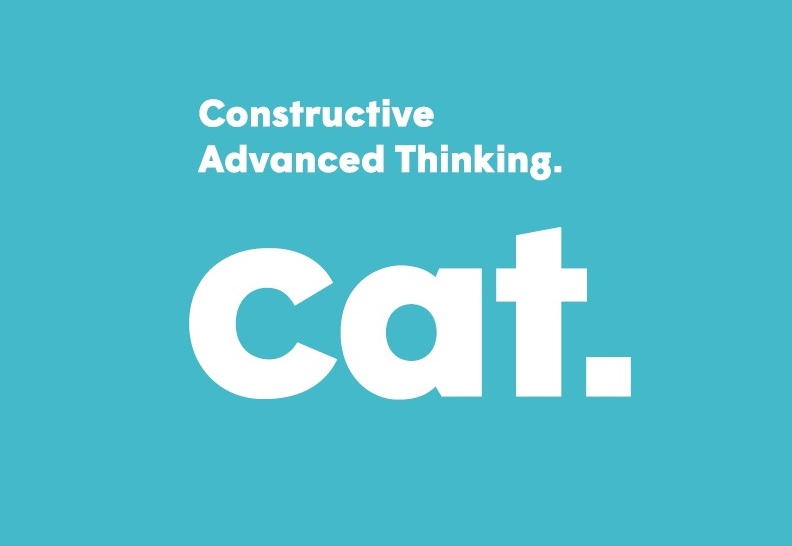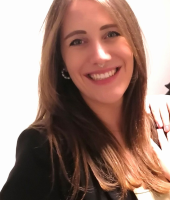Sophia Friedel
Sophia Friedel is a historian situated at the intersection of labor, social, and economic history currently working as a research associate at the Institute for Social Movements, Ruhr-Universität Bochum. Since 2021 She is part of the EURODEM project “Workplace democracy: A European ideal? Discourses and practices about the democratization of work after 1945,” funded by the DFG and the ANR. Her research focuses mainly on remembrance culture and historical-political education, as well as on transnational trade union history and the circulation of political and economic concepts and ideologies.
She joins the Paris IAS in May 2025 for a group research stay as part of the CAT collaborative program, in collaboration with researchers Aurélie Andry, Philippe Reick, and Pedro Teixeira.

Research Interests
Economic and industrial democracy, Culture of remembrance, Transnational trade union history, Historical-political education, democratisation processes and the circulation of political and economic concepts, Labour History
(Collaborative project, awarded a NetIAS Constructive Advanced Thinking grant, 2021-2024)
DemWo investigates the historical evolution of industrial democracy in a transnational European context. The research group is driven by two central questions: First, it explores how historical periods of crisis and transformation shaped ideas and practices of industrial democracy. Second, the project considers how these historical legacies can inform responses to contemporary challenges. With the outbreak of the Covid-19 pandemic, the rise of AI and remote work, and the large-scale transformation of entire industries, the landscape of employee participation is rapidly changing. DemWo seeks to leverage historical insights to address these challenges. Comprised of a team of five scholars from History, Philosophy, and Law, DemWo will examine these issues through a multidisciplinary approach, using methods like close reading of historical texts, source criticism, discourse analysis, and legal interpretation. The results of the research group's work will be disseminated through a joint publication and a public event, co-organized with our stakeholder, the European Trade Union Institute. The project aims to provide well-grounded policy recommendations and contribute to ongoing debates among trade unions and other relevant stakeholders. By strengthening institutions for employee participation, DemWo seeks to enhance employee efficacy, address democratic deficits, and make societies more resilient to the numerous and multi-dimensional challenges democracies are currently facing.
Key Publications
Friedel, Sophia, "Das deutsche Mitbestimmungsmodell als transnationales Modell?", in: Stefan Berger and Andrea Hohmeyer (eds.): Betriebsräte in deutschen Unternehmen - Geschichte, Gegenwart, Zukunft, 2024, 20 p.
Friedel, Sophia; Jünger, Jana: „Der Funke von der Ruhr“. Die Septemberstreiks von 1969, in: Cafaro, Nuria; Hüttner, Bernd; Tekin, Caner (Ed.): Gelingende und misslingende Solidarisierungen. Spontane Streiks in Westdeutschland um 1973, luxemburg beiträge Nr. 18, Juli 2023.
Friedel, Sophia: "The German Co-determination Model from a transnational Perspective - between Demarcation and Rapprochment", Paper held at the European Social Science history Conference, Gothenburg 15.04.2023. 24 p.
|
|
|
|
|
|
